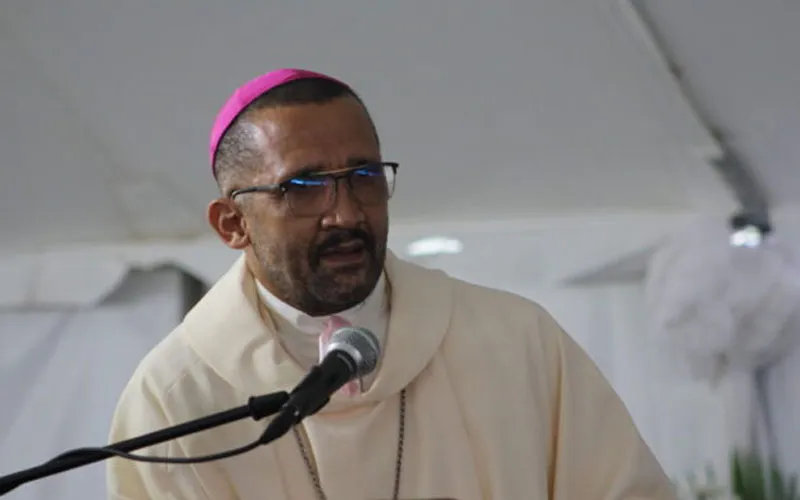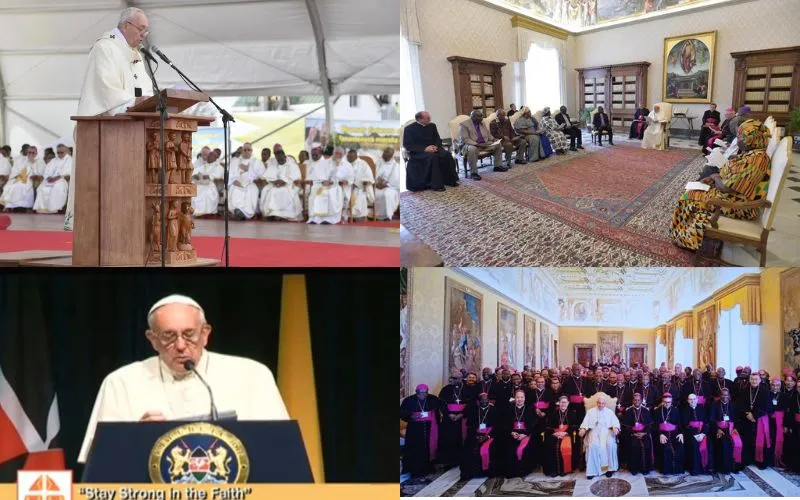Mthatha, 02 October, 2022 / 9:20 pm (ACI Africa).
There is need for members of the Clergy and women and men Religious serving in countries that constitute the Inter-Regional Meeting of Bishops of Southern Africa (IMBISA) to be available to young people, listening to them as they seek to surmount challenges of life, Bishop Sithembele Anton Sipuka has said.
IMBISA brings together those at the helm of Catholic Dioceses in nine countries, including Angola, Botswana, eSwatini, Lesotho, Mozambique, Namibia, São Tomé and Príncipe, South Africa, and Zimbabwe.
In his homily during Holy Mass with delegates of the IMBISA 13th Plenary Assembly on September 25 at St. Mary’s Cathedral of Namibia’s Windhoek Archdiocese, Bishop Sipuka appealed to Priests and women and men Religious in the region “who spend their time entertaining themselves and do very little, if at all, to be present to young people.”
“The providence of celibacy with no families of our own to take care of is that we Priests and Religious would be available for the young people in these trying times of today,” the South African Catholic Bishop said.
The Local Ordinary of South Africa’s Mthatha Diocese who doubles as the President of the Southern African Catholic Bishops Conference (SACBC) added, “Many young people today have broken families and backgrounds with no one to turn to and listen to them.”








